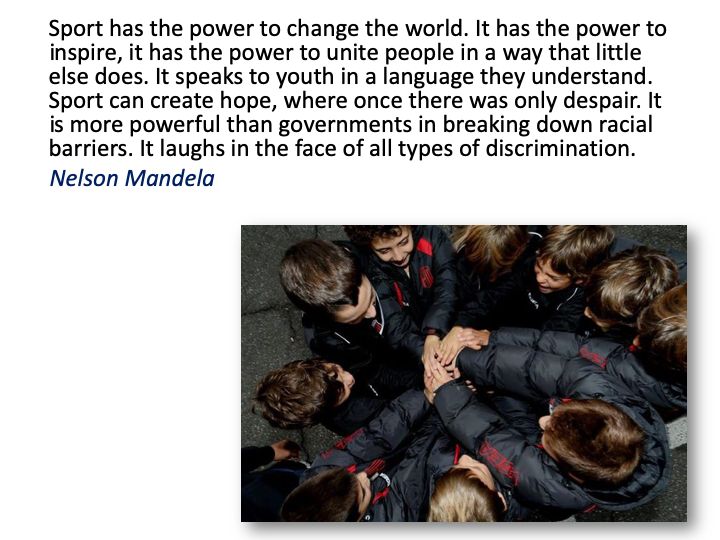Kim, A., Park, S., Kim, S., & Fontes-Comber, A. (2020). Psychological and social outcomes of sport participation for older adults: A systematic review. Ageing & Society, 40(7), 1529-1549.
This review presents a handful of studies that explored the psychological and social outcomes of sport participation among older adults.
Consistent with findings of previous studies, the included studies found that sport participation could enhance older adults’ life satisfaction, social life (e.g. comraderies, unique social networking, social belonging, a sense of community) and personal psychological status (e.g.personal empowerment, self-confidence, self-worth, self-esteem, self-efficacy, pride).
Two studies highlighted that the Masters Games and Senior Games participants valued competition itself by comparing their performance levels to others, pushing their bodies to attain a personal best, and enjoying the recognition and achievements.
One unique role of sport participation among older adults was that senior sport participants tried to resist the negative stereotypical views of ageing through sport involvement. Several studies found that continuing sport participation was meaningful for older adults to avoid and resist the view of ‘being old’. These older individuals expressed that continued involvement in competitive sport participation can delay and control the ageing process.
From a successful ageing perspective, this view is noteworthy in that it stimulates the older adults to be more physically active to stay healthier. Nevertheless, at the same time, several researchers highlighted the negative side of this type of view, implying that such a view can stigmatise and neglect individuals who are not physically active in public health policy.
Given that one of the most commonly identified outcomes were fewer depressive symptoms among children/adolescents, and reduced stress and distress among adults who participated in sport programmes, it was interesting that inconsistent results were found in the included articles among older adults. In fact, roughly 70 per cent of the sample (older master athletes who participate in a Senior Winter Games) reported pre-competitive stress. Five different types of stressor included performance, logistics, novelty, preparation and health, whereas the most common coping strategies were problem-solving, and seeking support and accommodation. It is well-known that stress affects one’s mental health, such as depression and hopelessness (e.g. Ciarrochi et al., 2002; Shavitt et al., 2016).
Even though three studies found that sport involvement tended to predict a higher level of life satisfaction, the causal relationship has not been fully examined. Aside from the level of sport involvement, a level of life satisfaction is also affected significantly by socio-demographic factors and socio-economic factors such as race, financial status, sense of community or religion-related social net- works.
Several studies conceptualised and operationalised the construct of serious involvement and used senior athletes and pickleball players as one part of serious leisure participants. Serious leisure is distinguished from casual leisure based on six characteristics: (a) need to persevere at the activity, (b) development of a leisure car- eer, (c) need to put in effort to gain skill and knowledge, (d) gaining social and personal benefits, (e) unique ethos and social world, and (f) an attractive personal and social identity.
![DRIVEN - Danish Centre for Motivation and Behaviour Science [ENG] - YouTube](https://i.ytimg.com/vi/_hRQaO8Go0Y/maxresdefault.jpg)





